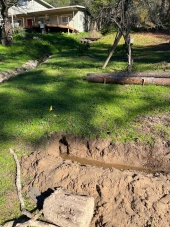If you take medications and extra vitamins and such, then I do not recommend utilizing urine. Appreciate, you will urinate out much of what you think you didn't in medicine and vitamins that people take. This is not generally a positive thing for plants.







